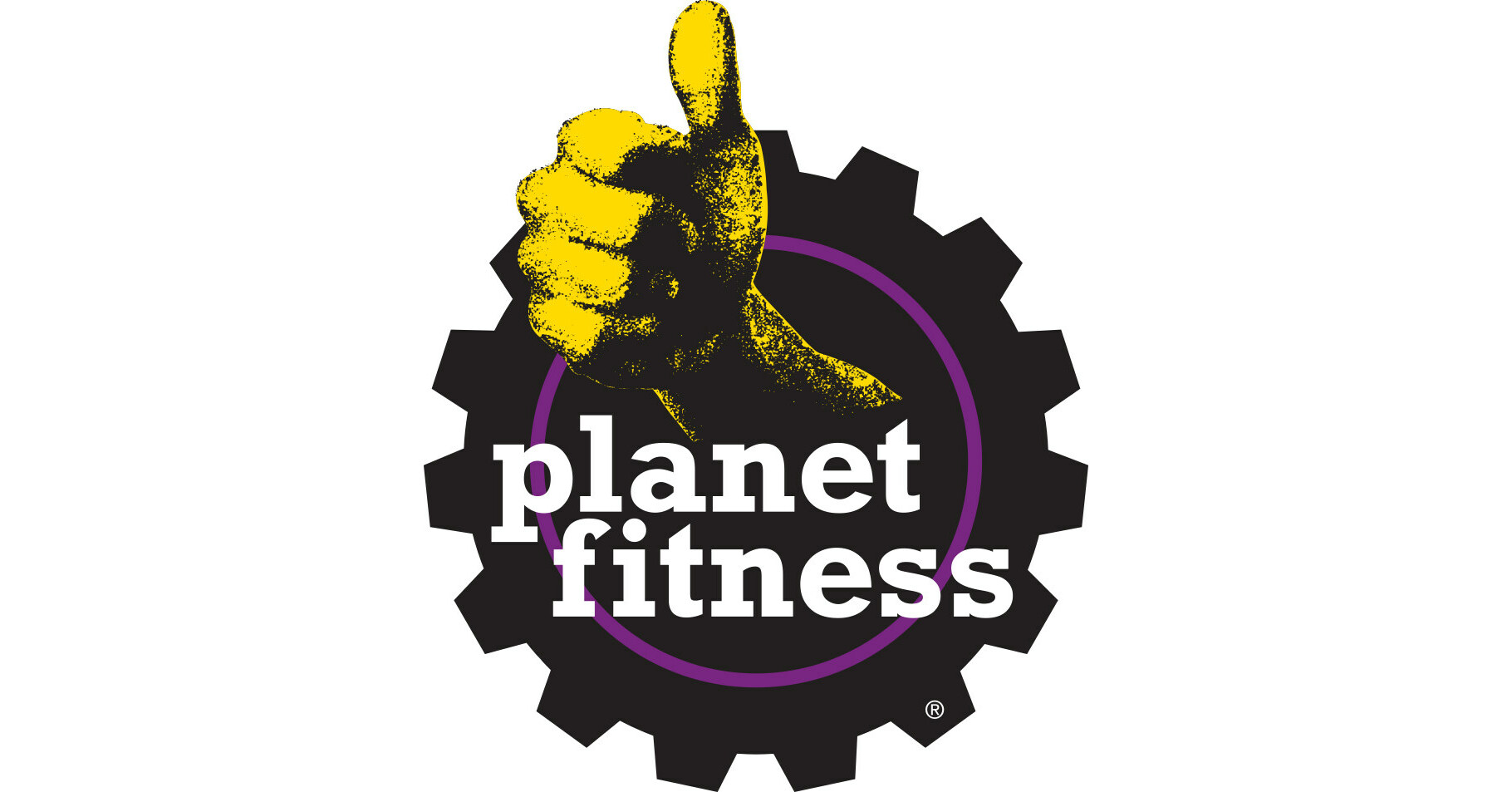Bussiness
The Business of the Texans and the NFL…is Business

Name your money-related cliché, insert into this discussion and away you go. As much as the National Football League is about the game of football, the passion and following it inspires, it is just as much about the business end of things, and by business, we mean money. While the comings and goings of the NFL fall generally under the category of sports, you will find just as many equities for business, entertainment/style and yes, politics. In following the NFL, along with learning about the differences between a 12 and 21 formation and a 3-4 vs a 4-3 defense, you’ve probably learned just as much about labor relations/collective bargaining, the business of media and the power of individual celebrity.
In particular, events in the past couple of weeks, not exactly related to anything from the practice/playing fields, reinforce the financial power of the NFL. Consider the following:
- After months of back-door, quiet debate and more open discussions between the owners, the commissioner and various business interests, the NFL allowed teams to work with private equity firms, who can now hold up to a 10% stake in any one franchise.
- Wondery (Amazon) recently signed the New Heights podcast, hosted by current All-Pro TE Travis Kelce and recently retired All-Pro C Jason Kelce to a $100M deal.
Consider the private equity deal. The primary job of investors that work at private equity firms is to find new avenues for making money for investors. To that end, they will scourer the world to find investment opportunities, seeking the best possible returns for investors. In looking at assets that make massive, profit-filled returns, you would be hard pressed to find something more profitable than the continuous upward valuation of the NFL franchise. They have sunk their profit-seeking talons into other sports, from the NBA to international soccer/football clubs, with varying degrees of success. Likely they are about to make new inroads into investing in colleges, as they looking to increase on-hand cash to handling the evolving world of NIL.
Yet, the NFL, while at the forefront of the sports and entertainment business, has not completely shed its humble origins of club teams run by one man/family, who, if lucky, might make enough money on the venture to not fold after a season of play (the early days of the NFL are filled with such tales). The NFL continues to maintain strict rules about individual ownership, discouraging the conglomerate over the family-owned and operated model that dominated in the Halas/Bell/Rooney/Mara days. Still, the allure of money from private equity couldn’t stay out of the NFL forever. For further evidence of the allure of the NFL franchise, just look at the continued, upward valuation of the NFL franchise in the annual franchise valuation rankings. Rare is it to see a team lose so significant value.
Are there dangers? Sure. Firms can go from money-making machines to bankrupt entities in no time flat. The nightmare of the Bernie Madoff scandals, which put a valuable franchise like the Mets into virtual poverty for years, haunts the dreams of many an owner. Hence, the NFL putting in place a lot of caveats (no more than 10% stake in a team, no operational control/voting rights, investing in a team for min of six years/etc.).
As for the Houston Texan hook, there is no current reporting about an imminent deal between any private equity firm and the Texans. Certainly, any firm based in Houston might have handy an elevator pitch to try to get the McNairs to incorporate them into the ownership structure (think CAZ Investments). As the current on-field fortunes of the Texans rise, expect the allure of off-field investments and the cry of the investors to only get louder.
RE: the podcast, that business model holds even more risks vs. the private equity firm. Still, having two of the more charismatic stars of the NFL doesn’t hurt. With the Travis Kelce/Taylor Swift romantic bond as strong as ever, getting in on the Kelce podcast is far from the worst investment deal. Can some of the big money podcast deals go bad? Yep (see the Spotify/Megan Markle deal). Granted, that one did not involve an already established podcast that had a track record of listenership. The Kelces parlayed on-field success into ventures off the gridiron. It certainly helped Jason get into the NFL broadcast game. With Travis continuing to play for the contending Chiefs and his relationship with Taylor still super strong, don’t expect that attention to diminish in the near-term.
Currently, the Texans don’t have a player with the Q rating of either Kelce. Perhaps if C.J. Stroud’s career continues its meteoric rise, he might get there. He did well enough with his engagements with Micah Parsons. Now, if we could just get them together on the Texans. Arguably, the only star that ever played for the Texans that could’ve received a Kelce-brothers type offer was J.J. Watt. Still, let’s give Stroud some time…
Perhaps the biggest reason why NFL stars can have that kind of cross-over appeal is due to the NFL’s domination of the TV medium. Over the past few years, whenever the Nielsens show the top 50 TV programs in a given year, usually 40-45 of those slots go to NFL games, with the Super Bowl leading all broadcast programs. While TV fights to survive the streaming incursion, the NFL excels just fine in the new media landscape. NFL media deals can expect to remain in the billions of dollars for the foreseeable future. Ergo, the biggest NFL stars can expect to maintain prominence in other sections of news.
The game is the raison d’etre for the NFL, but the focus on money permeates all aspects of the game, on and off the field.









